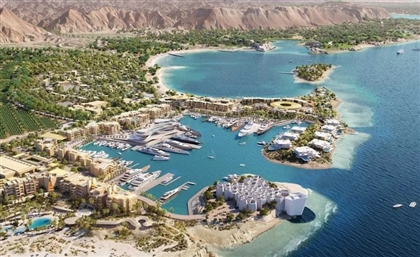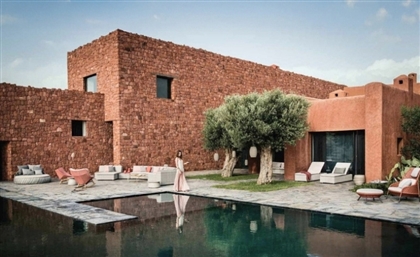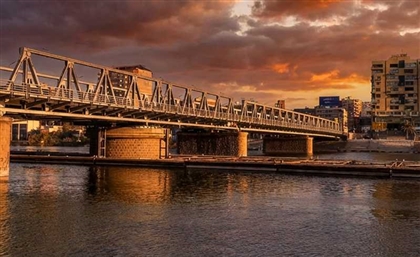This Historic Trading Hub is Jordan’s Only Coastal City on the Red
In Jordan’s only coastal city, travellers will find a vibrant past, Red Sea wonders and desert escapes.
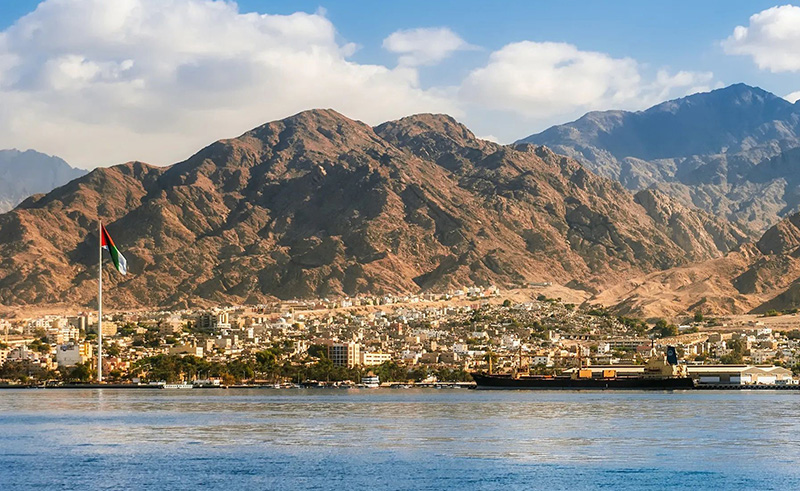
The city of Aqaba occupies an unusual space, both geographically and in spirit. Perched at the northern tip of the Red Sea, it is Jordan’s only coastal city, a strategic and cultural crossroads shaped by centuries of trade, conquest and reinvention. Today, Aqaba exists as a place where opposing forces collide: the desert and the sea, history and modernity, stillness and movement. These contrasts form its identity, layered and textured, demanding a closer look.
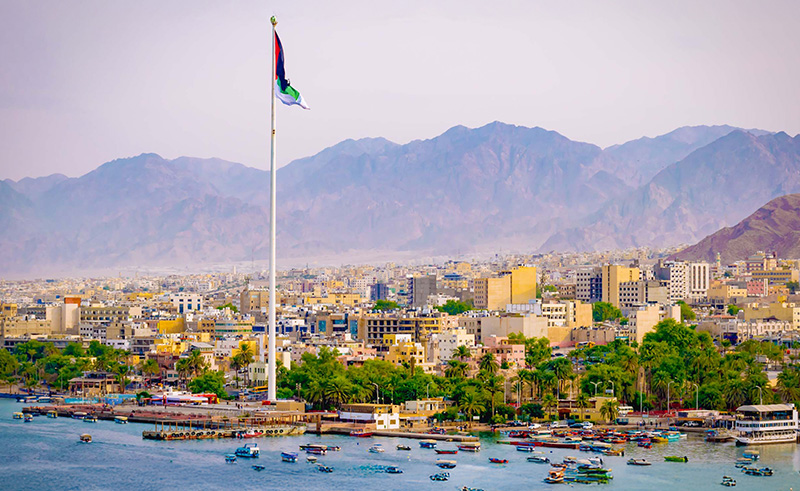
Aqaba’s history reaches as far back as the Edomite kingdom in the 10th century BCE. Its significance has always been rooted in geography - a key outpost for trade routes linking Arabia, the Levant and Egypt. By the time the Islamic Caliphate established Ayla in the 7th century CE, Aqaba was already a bustling hub for merchants.
-587ebf46-4128-4354-957b-c530215b67ae.jpg)
Remnants of Ayla’s medieval past sit just outside the city centre. These ruins are understated, fragments of walls and columns that hint at a once-thriving town. Not far from there is Aqaba Castle, a 16th-century fort built during the Mamluk period and later modified by the Ottomans. The fortress stands quietly by the shore, its walls weathered yet resolute, a reminder of the region's strategic importance through centuries of upheaval.
While Aqaba’s past is rooted in the earth, its allure today lies in its waters. The Red Sea here is not just a place for recreation; it’s a marine ecosystem celebrated for its diversity. Coral reefs stretch like underwater gardens, teeming with vibrant life. The variety is striking, from clownfish darting between anemones to eagle rays gliding silently in the depths.
-f258e98a-47d9-4a0b-8927-81819b39d88b.jpg)
The Cedar Pride shipwreck, one of Aqaba’s most iconic dive sites, is an unforgettable underwater experience. Sunk intentionally in 1985 to foster coral growth, this 74-metre cargo ship now rests on its port side, encrusted with multicoloured coral and teeming with marine life. From seahorses and moray eels to schools of reef fish, the wreck is a literal haven for biodiversity. Accessible even to novice divers, its haunting silhouette and vibrant ecosystem make it a must-see for anyone exploring Aqaba’s waters.
Aqaba's dive sites are well-documented but still retain a sense of discovery. South Beach, a short drive from the city, provides easier access to the underwater world for snorkelers. In comparison to other famed diving destinations, Aqaba's reefs are smaller in scale than those of the Great Barrier Reef but arguably more intimate, with shallower sites that bring marine life into sharper focus. It’s an ecosystem in miniature, accessible and rewarding without the need for extensive diving experiences.
-f378ca7a-9b8d-42c1-bab8-b904ecc06284.jpg)
The desert beyond Aqaba is no less compelling than the sea. Less than an hour’s drive away, Wadi Rum rises in dramatic fashion - a landscape of sandstone and granite formations, shaped over millennia by wind and time. Its ochre valleys have been immortalized in films, from ‘Lawrence of Arabia’ to ‘The Martian’, their otherworldly beauty lending itself to grand narratives.
For visitors, Wadi Rum is a chance to experience Jordan’s desert heritage. Bedouin-run camps provide simple accommodations under a canopy of stars, while guided jeep tours navigate the vast terrain. The desert’s silence is almost palpable, broken only by the occasional gust of wind or the crunch of sand underfoot.
-2704ca35-6ae1-439d-8604-e5179436e061.jpg)
Back in the city, Aqaba’s culinary scene acts as a reflection of its heritage. The proximity to the sea makes seafood an essential part of its identity. Grilled fish is prepared with subtle spices, often served alongside sayadieh, a dish of rice infused with caramelized onions and aromatic seasonings.
In terms of restaurants in Aqaba, there is Papaya, a vibrant and colourful spot celebrated for its fresh seafood and grilled dishes. A favorite among locals and visitors alike, it serves fish sourced straight from the Red Sea, prepared with traditional flavours that highlight the city’s coastal heritage. Its inviting atmosphere and accommodating setting make it an essential stop for those looking to experience Aqaba’s relaxed yet lively dining scene.
-e34715b1-bd00-4068-b27a-ae761238a1b0.jpg)
But Aqaba’s flavors are not confined to the coast. Street vendors in the bustling downtown area sell falafel, shawarma, and freshly baked bread, while traditional Jordanian desserts like kunafeh provide a sweet conclusion to any meal. Compared to the capital, Amman, Aqaba’s dining options feel more relaxed, yet no less vibrant, offering a balance between local authenticity and culinary experimentation.
-df0a7aa0-7fdc-4bbd-9658-b2f42243245b.jpg)
Aqaba’s charm lies in its incomparable uniqueness. The city doesn’t compete with the grandeur of Petra or the vastness of Wadi Rum. Instead, it embraces its contradictions. It is both a gateway and a destination, a place where modern beachfront resorts coexist with ancient ruins and where the horizon stretches endlessly, blurring the line between land and water.
- Previous Article This Coloured-Canyon is One of South Sinai’s Best-Kept Secrets
- Next Article Inside Egypt’s Seven UNESCO World Heritage Sites
Trending This Month
-
Jan 31, 2026




